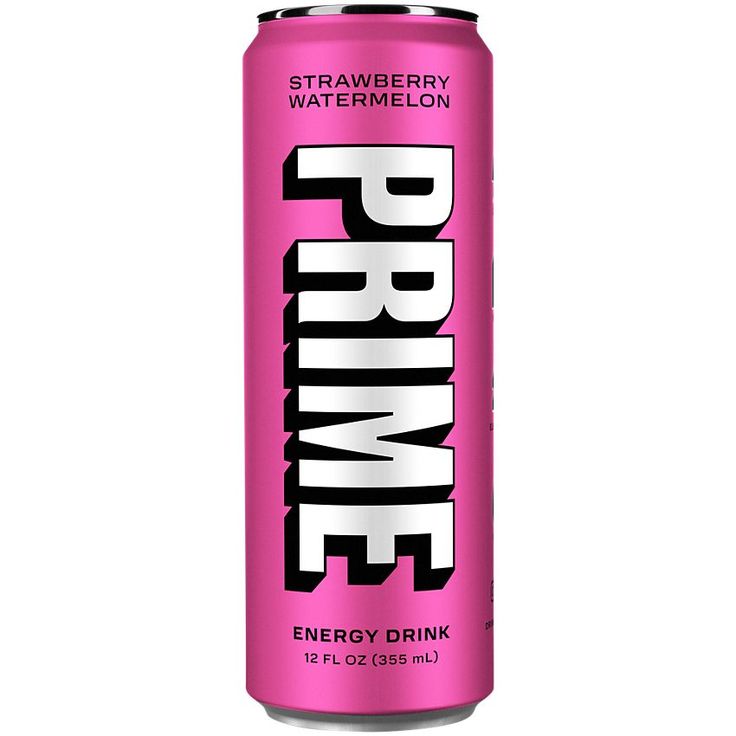Description
Prime Energy Drink: Things to Know
Introduction
In recent years, energy drinks have surged in popularity among students, professionals, athletes, and thrill-seekers alike. One such brand that has gained a significant following is Prime Energy Drink. Known for its vibrant branding and claimed benefits, Prime Energy Drink promises to boost energy, focus, and stamina. However, before reaching for that can, it’s essential to understand what you’re consuming.
What is Prime Energy Drink?
Prime Energy Drink is a flavored beverage formulated to provide an energy boost. It typically contains ingredients like caffeine, vitamins, amino acids, and sometimes additional compounds aimed at enhancing alertness and physical performance.
Typical Ingredients:
- Caffeine: Provides stimulation to increase alertness.
- Vitamins (B vitamins): Support energy metabolism.
- Amino acids (like Taurine, L-Carnitine): May assist in muscle function and recovery.
- Sweeteners and flavorings: For taste, often including artificial or natural sweeteners.
Things to Know About Prime Energy Drink
1. Caffeine Content
Prime Energy Drinks usually contain a significant amount of caffeine, comparable to or exceeding that in a standard cup of coffee. For example, some cans may have between 150-300 mg of caffeine per serving. High caffeine intake can lead to side effects such as:
- Insomnia
- Nervousness
- Increased heart rate
- Jitters
Tip: Moderation is key. Check the label and limit your intake to avoid adverse effects.
2. Sugar and Artificial Sweeteners
Many energy drinks, including Prime, contain added sugars or artificial sweeteners to improve flavor. Excessive sugar consumption can lead to:
- Weight gain
- Dental problems
- Blood sugar spikes
Tip: Opt for sugar-free versions if available, and be mindful of your total daily sugar intake.
3. Vitamins and Nutrients
Prime often includes B vitamins, which play roles in energy production. While beneficial, excessive supplementation from energy drinks alone isn’t usually necessary if you have a balanced diet.
4. Potential Risks
- Overconsumption: Drinking multiple cans in a short time can increase the risk of caffeine overdose.
- Interaction with medications: Some ingredients may interact with medications or health conditions.
- Not suitable for everyone: Pregnant women, children, and individuals sensitive to caffeine should avoid or limit intake.
5. Legal and Age Restrictions
Many regions have age restrictions for purchasing energy drinks. Always check local laws and guidelines.
Tips for Safe Consumption
- Read Labels Carefully: Know the caffeine content and serving size.
- Limit Intake: No more than 1-2 cans per day.
- Avoid Mixing with Alcohol: Can mask intoxication and increase health risks.
- Stay Hydrated: Energy drinks can be dehydrating; drink water alongside.
- Listen to Your Body: Stop consumption if you experience adverse effects.







Reviews
There are no reviews yet.